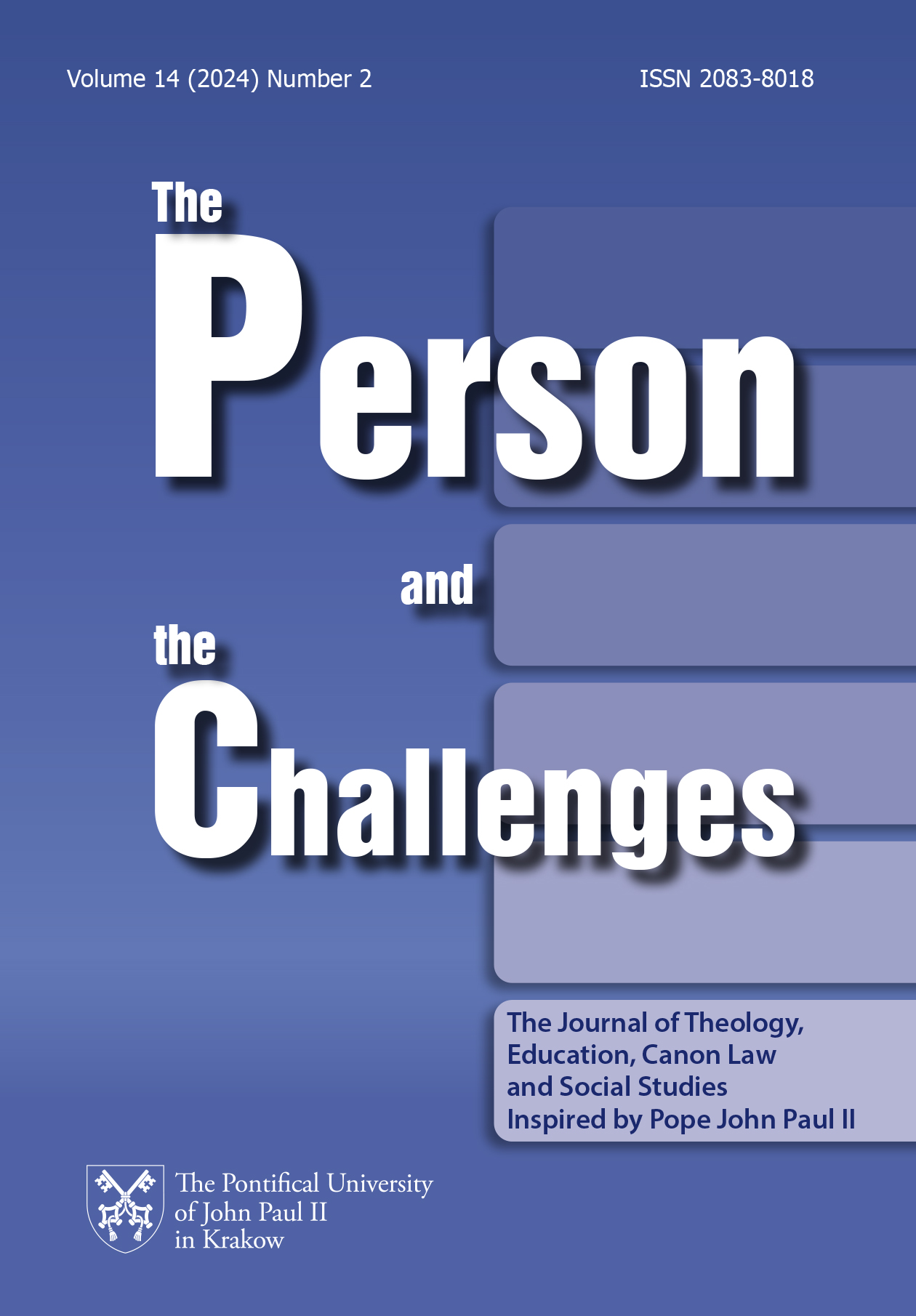Social Competencies of Students of Science and Social Majors for Volunteer Work
DOI:
https://doi.org/10.15633/pch.14208Keywords:
Voluntary work, social competences, students, social studies, sciencesAbstract
The article discusses the recognition of social competencies of students of science and social majors to do voluntary work. The theoretical concept on which the research is based is the concept of social competencies by J. Skrzypczak, who sees them as “the ability to do something, depending on the familiarity of knowledge, skills and abilities included in it, as well as on the degree of conviction about the need of using that ability.” The main purpose of the research is to diagnose the social competencies of students of science and social majors to do voluntary work and to identify the differences between groups in this respect. The method of diagnostic survey was chosen for the purposes of the study. Research has shown slight differences between the students of science and social majors. They only concern the assessment of one's own level of motivation to help.
References
Argyle M., Zdolności społeczne, in: S. Moscovici (ed.), Psychologia społeczna w relacjach ja-inni, Warszawa 1998, wyd. Szkolne i Pedagogiczne, pp. 77–102.
Aronson E., Wilson T.D., Akert R.M., Psychologia społeczna. Serce i umysł. Poznań 1997, Wyd. Zysk.
Bobrowska-Jabłońska K., Znaczenie inteligencji emocjonalnej i kompetencji społecznych w kształceniu w SGH — raport z badań, E-mentor, no. 2, https://www.e-mentor.edu.pl/artykul/index/numer/2/id/17 (2003), (20.06.2023).
Caban M., Rewerski, T., Inteligencja emocjonalna i kompetencje społeczne u osób pracujących i bezrobotnych, „Polityka Społeczna” 2 (2005), pp. 8–10.
Czechowska-Bieluga M., Kanios A., Sarzyńska E., Profile kompetencji społecznych osób pracujących i bezrobotnych, Lublin 2000, Wyd. UMCS.
Kanios A., Bocheńska-Brandt A., Profile kompetencji społecznych studentów przygotowujących się do opieki nad osobami starszymi — badanie polsko-niemieckie, „Kwartalnik Pedagogiczny” Nr 64 (2019) 5, pp. 237–254.
Kantowicz E., Rola wolontariatu w kształtowaniu przyszłych kompetencji profesjonalnych w pracy socjalnej, „Praca Socjalna”, no. 6(2017) 32, pp. 87–101.
Kromolicka B., Wolontariusz w służbie człowiekowi umierającemu. Na przykładzie Szczecińskiego Hospicjum Domowego, Szczecin 2000, Wyd. Uniwersytetu Szczecińskiego.
Matczak A., Preferencje zawodowe młodzieży a kompetencje społeczne, „Psychologia Wychowawcza” 38(1998) 4, pp. 107–115.
Matczak A., Kwestionariusz Kompetencji Społecznych. Podręcznik. Warszawa 2001, wyd. Pracownia Testów Psychologicznych Polskiego Towarzystwa Psychologicznego.
Mazurek-Kucharska, B., Kompetencje społeczne we współczesnej psychologii i teorii zarządzania. Przegląd wybranych podejść i problemów, in: S. Konarski (ed.), Kompetencje społeczno-psychologiczne ekonomistów i menedżerów Teoria — badania — edukacja, Warszawa 2006, wyd. SGH, pp. 55–94.
Skrzypczak J., Tak zwane kompetencje kluczowe, ich charakter i potrzeba kształtowania w toku edukacji ustawicznej, „Edukacja Ustawiczna Dorosłych” 3 (1998), pp. 20–22.
Turska E., Znaczenie wolontariatu w opiniach studentów pedagogiki, „Dyskursy Młodych Andragogów” 21(2020), pp. 191–204.
Wierzejska J., Kompetencje społeczne studentów kierunków technicznych i społecznych, „Studia Edukacyjne” 39(2016), pp. 155–168.
Downloads
Published
Issue
Section
License
Copyright (c) 2024 Anna Kanios, Anna Weissbrot-Koziarska

This work is licensed under a Creative Commons Attribution 4.0 International License.
Authors who publish with this journal agree to the following terms:
- Authors retain the copyright and full publishing rights without restrictions, and grant the journal right of first publication with the work simultaneously licensed under a Creative Commons Attribution 4.0 International License that allows others to share the work with an acknowledgement of the work's authorship and initial publication in this journal.
- Authors are able to enter into separate, additional contractual arrangements for the non-exclusive distribution of the journal's published version of the work (e.g., post it to an institutional repository or publish it in a book), with an acknowledgement of its initial publication in this journal.
- Authors are permitted and encouraged to post their work online (e.g., in institutional repositories or on their website) prior to and during the submission process, as it can lead to productive exchanges, as well as earlier and greater citation of published work (See The Effect of Open Access).

